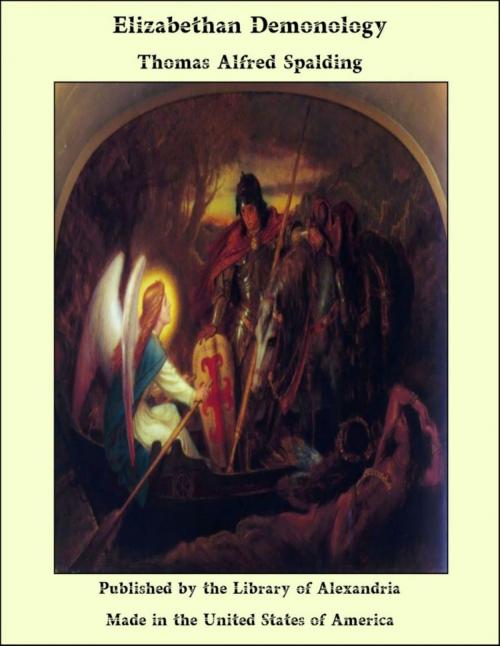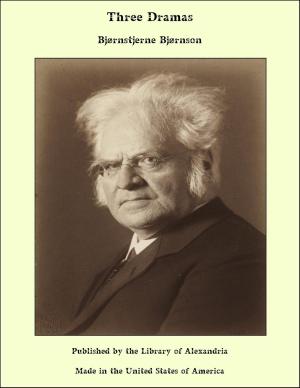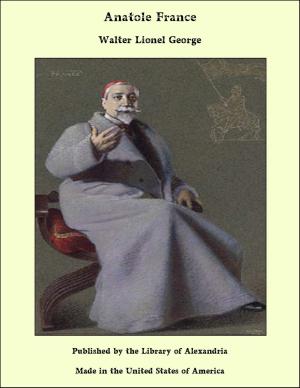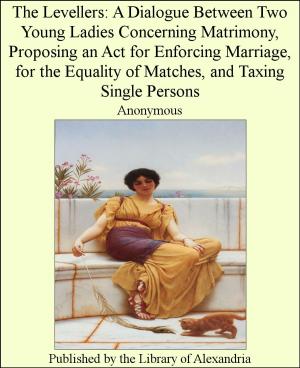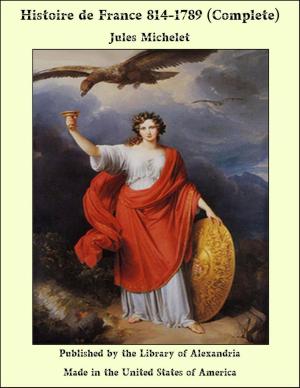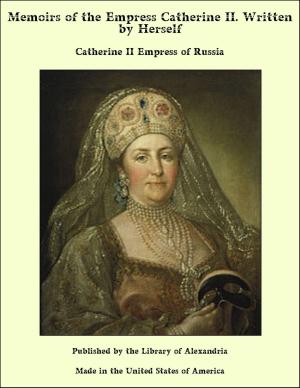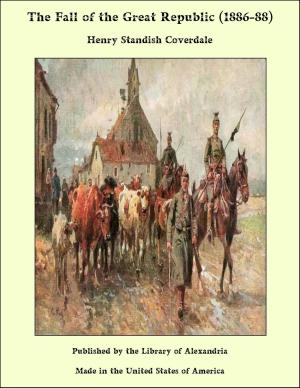| Author: | Thomas Alfred Spalding | ISBN: | 9781465595966 |
| Publisher: | Library of Alexandria | Publication: | March 8, 2015 |
| Imprint: | Language: | English |
| Author: | Thomas Alfred Spalding |
| ISBN: | 9781465595966 |
| Publisher: | Library of Alexandria |
| Publication: | March 8, 2015 |
| Imprint: | |
| Language: | English |
It is impossible to understand and appreciate thoroughly the production of any great literary genius who lived and wrote in times far removed from our own, without a certain amount of familiarity, not only with the precise shades of meaning possessed by the vocabulary he made use of, as distinguished from the sense conveyed by the same words in the present day, but also with the customs and ideas, political, religious and moral, that predominated during the period in which his works were produced. Without such information, it will be found impossible, in many matters of the first importance, to grasp the writer's true intent, and much will appear vague and lifeless that was full of point and vigour when it was first conceived; or, worse still, modern opinion upon the subject will be set up as the standard of interpretation, ideas will be forced into the writer's sentences that could not by any manner of possibility have had place in his mind, and utterly false conclusions as to his meaning will be the result. Even the man who has had some experience in the study of an early literature, occasionally finds some difficulty in preventing the current opinions of his day from obtruding themselves upon his work and warping his judgment; to the general reader this must indeed be a frequent and serious stumbling-block.
It is impossible to understand and appreciate thoroughly the production of any great literary genius who lived and wrote in times far removed from our own, without a certain amount of familiarity, not only with the precise shades of meaning possessed by the vocabulary he made use of, as distinguished from the sense conveyed by the same words in the present day, but also with the customs and ideas, political, religious and moral, that predominated during the period in which his works were produced. Without such information, it will be found impossible, in many matters of the first importance, to grasp the writer's true intent, and much will appear vague and lifeless that was full of point and vigour when it was first conceived; or, worse still, modern opinion upon the subject will be set up as the standard of interpretation, ideas will be forced into the writer's sentences that could not by any manner of possibility have had place in his mind, and utterly false conclusions as to his meaning will be the result. Even the man who has had some experience in the study of an early literature, occasionally finds some difficulty in preventing the current opinions of his day from obtruding themselves upon his work and warping his judgment; to the general reader this must indeed be a frequent and serious stumbling-block.
